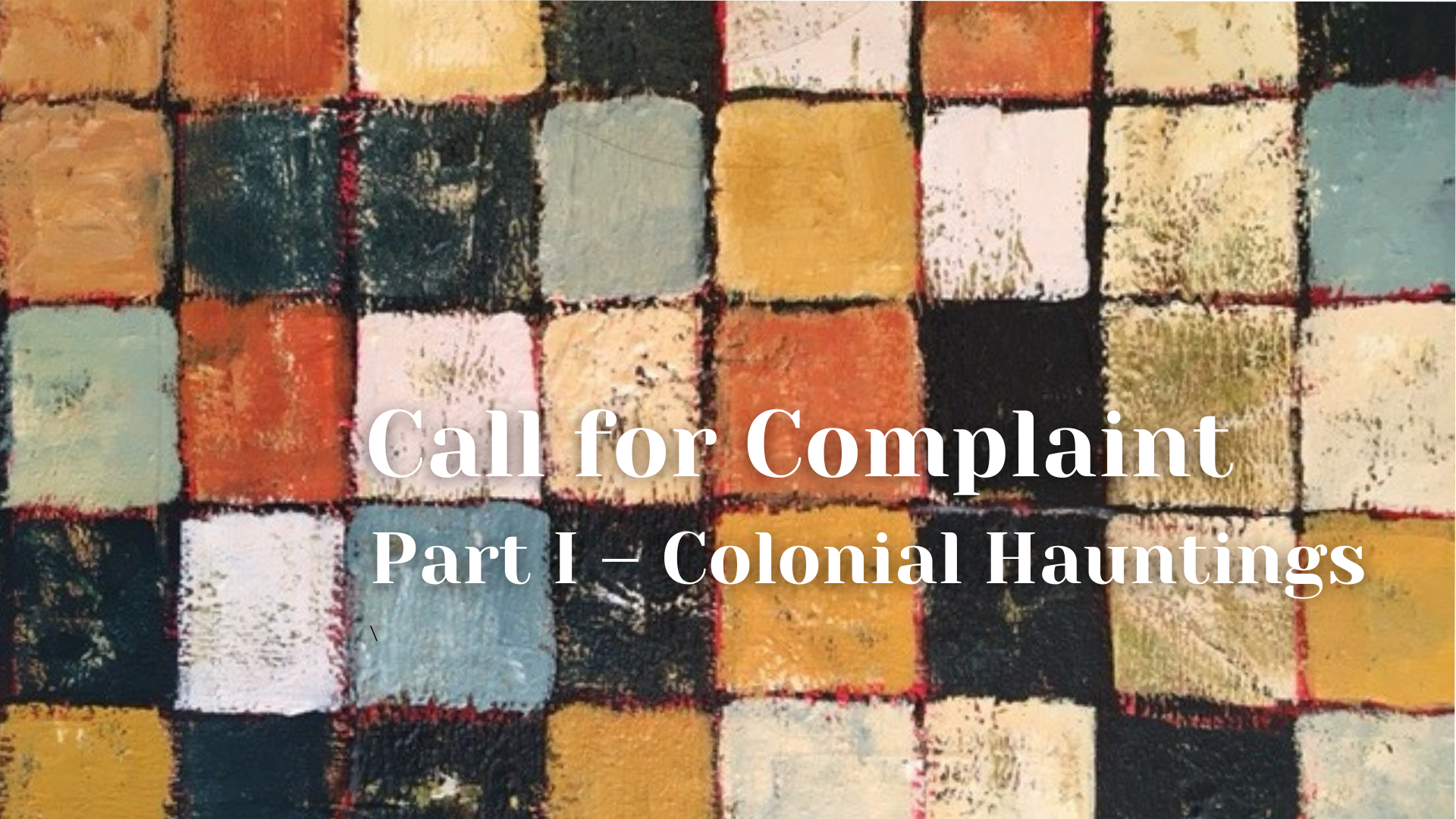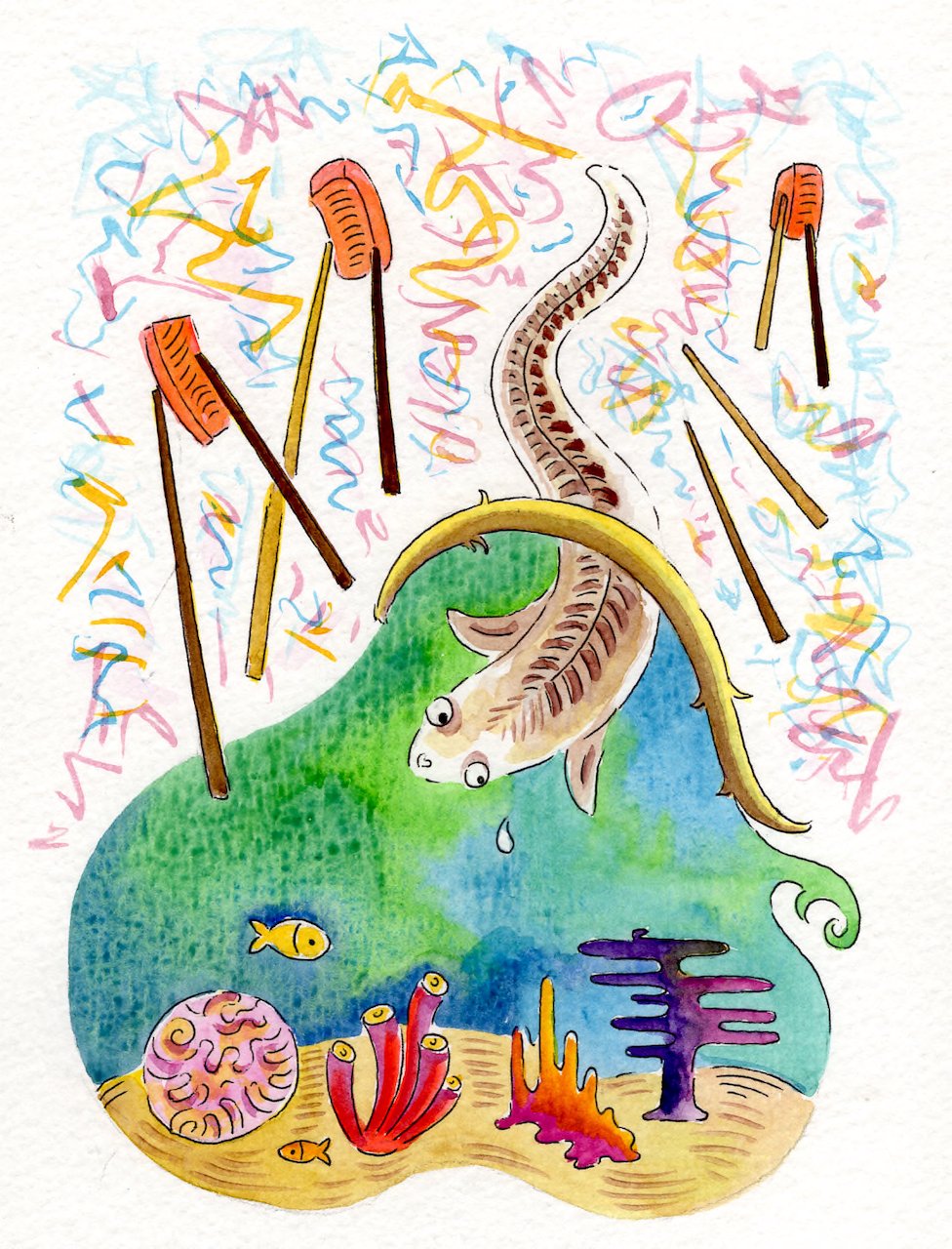Call for Complaint, Part I—Colonial Hauntings
Solicited and edited by Eileen Jahn, Pedro Silva Rocha Lima, Penelope Papailias, and Pamila Gupta
The contributions gathered in this two-part series seek to explore further what it means to speak of world anthropologies and to work toward the “worlding” of our discipline (Papailias and Gupta 2021) through personal accounts from colleagues from/in multiple geographic locations. In November 2021, we published a Call for Complaint on this blog entitled “Blowing up the ‘World’ of Anthropologies: Speaking from Experience” in which we asked: How are global academic power relations reflected in the everyday experiences of anthropologists around the world? We are pleased now to present fifteen compelling responses to that question from colleagues, including many graduate students, based in Brazil, Canada, Germany, Greece, Hong Kong, India, Russia, South Africa, and the United States. The contributors share their experiences in the form of short texts, poems, and videos, while their languages include English, Greek, and Portuguese.
Thematics
The impatience and anger about the persistent inequalities and continuous/contiguous colonialit(ies) that linger in the ways anthropological knowledge is produced, imposed and disseminated; in what we consider to be the canon of our discipline; in the allocation of funding and grants; in the ways supervisory relationships are shaped within a powerful patronage system; the long shadows that key figures in Anthropology cast; all of these themes are utterly palpable throughout the submissions. Our first grouping voices complaints about the structural faultlines and inequities within our world of anthropologies, while the second suggests ways of picking up the pieces left and rethinking what we can build instead. Read together, they make one thing completely clear: The time for a fundamental overhaul is long overdue.
About the First Set of Complaints
Authors in our first set of complaints reflect on varying, yet connected, issues around the colonial hauntings of anthropology, knowledge economies, power and patronage, politics of location and access, infrastructural inequities, economies of authenticity concerning researcher positionalities, academic (im)mobilities, financial insecurity and precarity, gendering and motherhood in academia, and scholars at risk from political regimes.
The personal experiences of these anthropologists based in Brazil, Canada, India, South Africa, and the United States prompt questions and anxieties, such as: How can we ensure that the marks from ambivalent and multilayered struggles before, during, and after anthropological research do not become painfully festering wounds? How can we hold space for the gaze being directed at the imperial centers of knowledge production, turning them into fieldsites to be scrutinized, dissected, and exposed? Too many seem unwilling to give up their positions of authority when it comes to supposedly universalized knowledge production. Who is and isn’t perceived as able to transcend their positionality and their intersecting (self-)ascribed identity markers, and for the benefit of whom?
These complaints push the reader to sit with/dwell inside the political in anthropological research and grapple with the (im)possibilities of forging anthropological selves in a world of anthropologies that is cosmopolitan in ambition but colonial in its roots.







